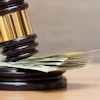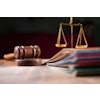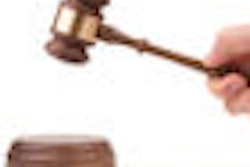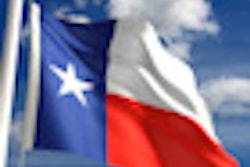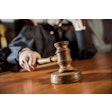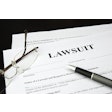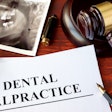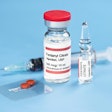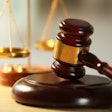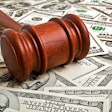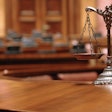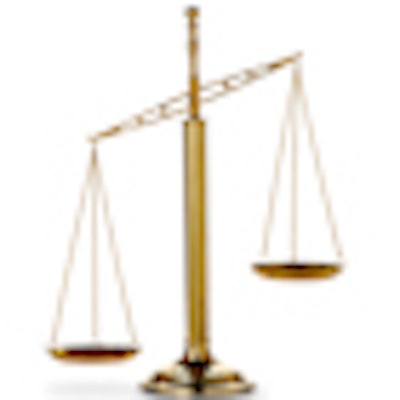
Guidance Endodontics may have won its breach-of-contract lawsuit against Dentsply International in 2009, but the company is now suing the law firm that represented it in that case for alleged malpractice.
Guidance Endodontics filed a lawsuit against Dentsply in 2008 charging multiple breaches of an exclusive manufacturing and supply agreement. According to Guidance, Dentsply refused to supply dental obturators, endodontic files, and ovens as stipulated in a settlement agreement between the two companies related to previous litigation.
The case went to trial in September 2009, with Guidance seeking $6.7 million in compensatory damages and $52 million in punitive damages.
The jury ultimately returned a verdict against Dentsply, awarding more than $4 million for breach of contract, punitive damages of $40 million, and legal fees of more than $3.5 million, according to court documents. A judge later reduced the punitive damages to $4 million.
Seeking $148 million
Now Guidance has filed a $148 million malpractice suit against Olshan Grundman Frome Rosenzweig & Wolosky, the law firm that represented the company in the Dentsply case, alleging the firm's negligence prevented it from securing additional damages.
According to the complaint, filed May 30 in the Supreme Court of the State of New York, County of New York, "In representing Guidance, Olshan was negligent and committed legal malpractice and engaged in conduct that fell below the standard of care required of attorneys under similar circumstances in the preparation, adequate investigation, evaluation, and trial of Guidance's claims in the underlying case, including, but not limited to, the failure to amend the Complaint and the failure to properly present in a timely manner a complete expert opinion from retained expert Dr. Brian McDonald or from any other qualified expert concerning Guidance's recoverable damages."
Brian McDonald, Guidance's expert witness, had been willing to amend his earlier report with an estimate that Guidance had lost $74 million in future market share sales, but Olshan did not move to supplement the expert report in a timely manner and as a result the motion was denied, according to the lawsuit.
"Guidance certainly prevailed at trial, but the amount of recovery was significantly diminished as a result of the alleged malpractice -- specifically, the report of Dr. McDonald, which would have added approximately $74 million in compensatory damages," Jacques Catafago, the attorney now representing Guidance, told DrBicuspid.com. "So we are looking at potentially a $148 million mistake made by the law firm."
Guidance also claims that it was overbilled for Olshan's services. For example, Guidance said it was charged approximately $60,000 in attorney fees and expert witness fees, plus another $168,000 in outside consultant fees, in Olshan's "inexcusably belated and therefore doomed and failed attempt" to supplement Dr. McDonald's report to include Guidance's $74 million in compensatory damages for future lost market share sales.
"Guidance paid well over $3 million in legal fees and expected a lot more than what they got," Catafago said.
Olshan disputes Guidance's claims, according to Dan Gagnier, a spokesperson for the firm.
"This was a complicated case of commercial litigation in which Olshan delivered a clear victory for its client," he told DrBicuspid.com. "Guidance's claim is completely without merit, and we will defend ourselves vigorously."
Dentsply suing too
It is interesting to note that in February of this year, Dentsply also sued the attorney and law firm that represented it in the original Guidance litigation.
In a lawsuit filed February 2 in the U.S. District Court for the District of New Mexico against law firm Lewis & Roca and attorney Thomas Gulley, Dentsply is seeking more than $15 million in compensatory damages for the defendants' alleged malpractice.
The complaint alleges that Lewis & Roca and Gulley committed several breaches of duty, including the following:
- Failing to develop a theory of the case prior to trial
- Failing to conduct adequate and appropriate discovery
- Failing to retain appropriate experts or elicit necessary expert testimony
- Failing to object to erroneous jury instructions and invited error
- Failing to make appropriate motions
- Failing to preserve key issues for appeal
